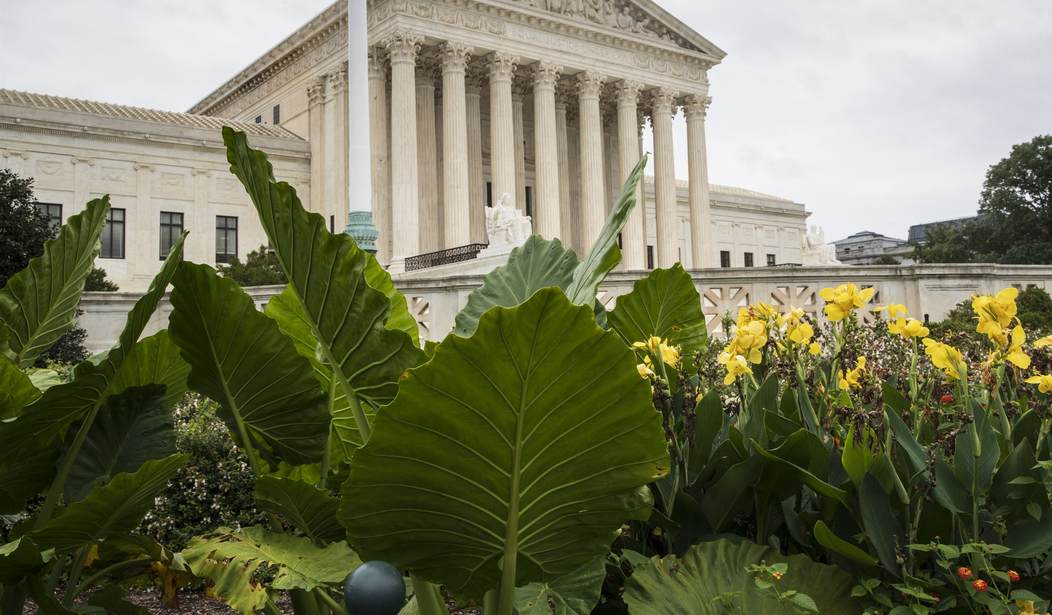The Michigan Supreme Court rejected an effort by anti-Trump groups to keep Donald Trump off the 2024 primary ballot. But the court left the possibility of challenging Trump's ballot access if he wins the nomination. At that point, other procedural rules would be considered.
The Michigan ruling was different from the Colorado decision in that Colorado justices determined that the January 6 riot was "an insurrection" and that Trump played a role in it.
The Michigan Court of Claims judge who first got the case said that Michigan law doesn't give much wiggle room to determine a candidate's eligibility for the presidency. He added that the case raised a political question that was not the province of the courts.
The appeals court upheld that decision, saying, “At the moment, the only event about to occur is the presidential primary election. But as explained, whether Trump is disqualified is irrelevant to his placement on that particular ballot.”
One of the Michigan Supreme Court justices explained the difference between the Michigan and Colorado cases.
The anti-Trump challengers “have identified no analogous provision in the Michigan Election Law that requires someone seeking the office of President of the United States to attest to their legal qualification to hold the office,” Justice Elizabeth Welch wrote, comparing Michigan law to Colorado’s election code.
The lower-court rulings in Michigan kept the door open to future 14th Amendment challenges if Trump wins the Republican nomination. Welch specifically noted this dynamic in the separate opinion she wrote Wednesday.
“I would affirm the Court of Appeals’ ruling on this issue, which still allows appellants to renew their legal efforts as to the Michigan general election later in 2024 should Trump become the Republican nominee for President of the United States or seek such office as an independent candidate,” Welch wrote.
When is Trump going to bring the Colorado case to the Supreme Court? The Colorado case is under appeal, but with the GOP nominating process starting in less than a month, you have to think that Trump would want the issue settled and out of the way as soon as possible. He has yet to file an appeal with the Supreme Court but will probably do so after the holidays.
What might we expect from the high court? Don't expect even the appearance of partisanship. The high court's decision will be well-reasoned and based solidly on case law. This is not necessarily good news for Trump.
This court has been unusually upfront in granting states the ability to police their own elections. Some of the conservatives on the court might see Colorado's decision to prevent Trump from running as just such a case.
It's not likely. But it's the ultimate states' rights test for the conservatives, and anything is possible.










Join the conversation as a VIP Member